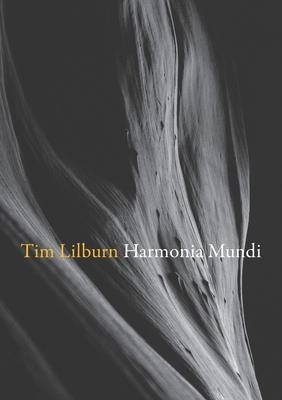Harmonia Mundi borrows its title from Johannes Kepler's melodious theory of the heavens, but the 'alarming geometry' that Tim Lilburn presents in these forty-one poems is far from harmonious. Part One, 'The Philosophical History', focuses on the suppression of Plato's Academy in the early 6th century, followed by its disastrous relocation to the court of Khusrau in Persia. Part Two, 'Actants, Conatus', is rooted in contemporary Canada, albeit with a cast of characters that include Augustine, Christ, Duns Scotus, Aelred of Rievaulx and even Kepler himself. These two apparently disparate sections are connected by their preoccupation with loss - with 'beauty infiltrated everywhere' - and by a feeling of political disaffection at the demise of certain sustaining paradigms. Harmonia Mundi is a timely and darkly visionary text, which, amid the spreading collapse of the world around us, clings to a single, urgent truth: 'You must hate / nothing'.

Harmonia Mundi borrows its title from Johannes Kepler's melodious theory of the heavens, but the 'alarming geometry' that Tim Lilburn presents in these forty-one poems is far from harmonious. Part One, 'The Philosophical History', focuses on the suppression of Plato's Academy in the early 6th century, followed by its disastrous relocation to the court of Khusrau in Persia. Part Two, 'Actants, Conatus', is rooted in contemporary Canada, albeit with a cast of characters that include Augustine, Christ, Duns Scotus, Aelred of Rievaulx and even Kepler himself. These two apparently disparate sections are connected by their preoccupation with loss - with 'beauty infiltrated everywhere' - and by a feeling of political disaffection at the demise of certain sustaining paradigms. Harmonia Mundi is a timely and darkly visionary text, which, amid the spreading collapse of the world around us, clings to a single, urgent truth: 'You must hate / nothing'.